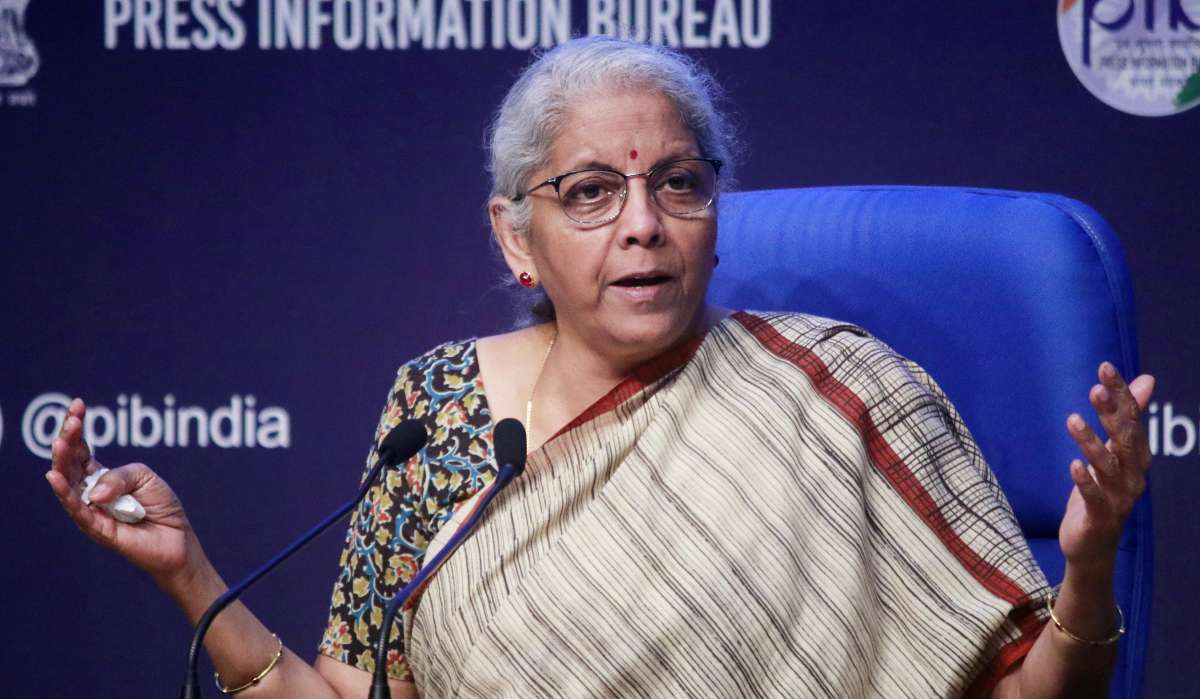As per the startup founders, the government’s move will foster innovation and growth in the sector…reports Asian Lite News
The abolition of the angel tax has brought relief to startups amidst the persistent funding winter.
To bolster the Indian startup ecosystem, boost the entrepreneurial spirit, and support innovation, Finance Minister Nirmala Sitharaman proposed to abolish the so-called angel tax for all classes of investors.
This was a proposal from industry for a long time, and this announcement will drive more investments toward startups in particular. Startups function as engines of economic growth, playing a crucial role in generating new jobs, ideas, products, and services.
Angel tax refers to the income tax levied by the government on funding raised by unlisted companies, or startups, if their valuation exceeds the company’s fair market value.
It was introduced in 2012 by the UPA government in order to detect money laundering practices and catch bogus startups.
“Abolishing the angel tax in the Budget 2024 is excellent news for startups, aiding in capital formation in the country as it will attract more startup investments by reducing tax burdens on capital received from investors,” said Vinnaayak Mehta, Founder of The Infinity Group.
As per the startup founders, the government’s move will foster innovation and growth in the sector.
Vinay Agrrawal, Founder and CEO of Hubler, said, “The government’s decision to abolish the angel tax for all investor classes in the latest Union Budget will fuel innovation and growth in the Indian startup ecosystem. The MUDRA loan limit enhancement is another welcome move to encourage budding entrepreneurs.
The government has been giving exemptions to startups for over five years. In 2018, the government issued a notification to give exemption to startups under the relevant section of the Income Tax Act, in cases where the total investment including funding from angel investors did not exceed Rs 10 crore.
Highlighting the importance of this move, Soumyadip Roychoudhury, Tax and Regulatory Partner, MSKB & Associates LLP – A member firm of BDO International said, “The abolishment of Angel Tax for all classes of investors is a major relief for startups. This would remove the uncertainty in the space and would also bring in more investments which is an important factor for expansion.”
The players in the startup ecosystem referred to the announcement as a significant policy change. “This policy shift will ease financial pressures on about 60 per cent of early-stage ventures and is projected to boost startup investments by 40 per cent over the next few years. Abolishing the tax aligns India’s startup ecosystem with global standards, making the country more competitive in attracting both domestic and international investments,” said Nasir Ali, CEO, Gallant Sports.
Vinod K Singh, Co-Founder and CTO of Concirrus, “This decisive move clears a major barrier to investment, empowering entrepreneurs to attract funding more freely. This step will undoubtedly fuel economic advancement and invigorate the entrepreneurial spirit throughout the country.”
Under this tax system, the companies were not taxed based on their incomes but the capital raised by them.
The companies were taxed not on the income but on the on difference in the price per share and the fair market value of share, as such difference was considered as an income in the hands of the companies. Accordingly, the capital and not the income of such start-ups was subject to taxation.
Explaining the flaws of the Angel tax system, Manvinder Singh, Partner, JSA Advocates and Solicitors opined, “The start-up industry had regarded angel tax as unjust and unfriendly, as it is nearly impractical to determine the fair market value of the start-ups.”
He said that the such levy of tax on the startups, not only resulted in an additional tax burden but also posed other transactional and regulatory complexities for start-ups in raising funds. This additional tax burden discouraged investment thereby hindering the innovation and growth that the Government itself aims to foster, Singh said. (ANI)









